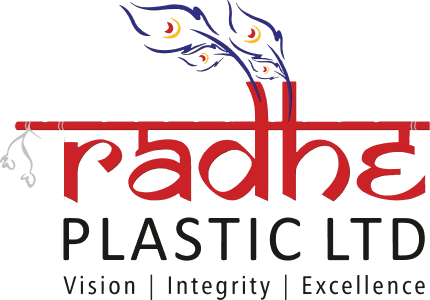Kenya is a country known for its incredible natural beauty, diverse wildlife, and unique culture. Unfortunately, it is also a country that faces significant challenges when it comes to environmental sustainability, particularly concerning plastic waste.
In recent years, however, there has been a growing movement towards recycling in Kenya, driven by the urgent need to protect the environment and promote sustainable practices. In this article, we will explore the current state of recycling in Kenya, its challenges and opportunities, and the role that companies like Radhe Plastic are playing in promoting a greener future.
Kenya is one of the countries in the world that has struggled with environmental sustainability issues, particularly concerning plastic waste management. s per the National Environment Management Authority (NEMA), plastic waste accounts for a considerable proportion of the approximately 22,000 tons of waste generated per day in Kenya. Here are some key points on the state of recycling in Kenya:
Despite the positive signs of progress in recycling in Kenya, there are still significant challenges that need to be overcome. The following are some of the major challenges facing the recycling industry in Kenya, as well as some of the opportunities for growth and development.

